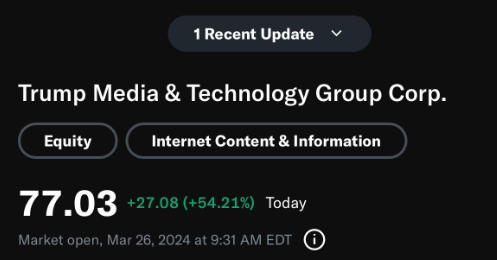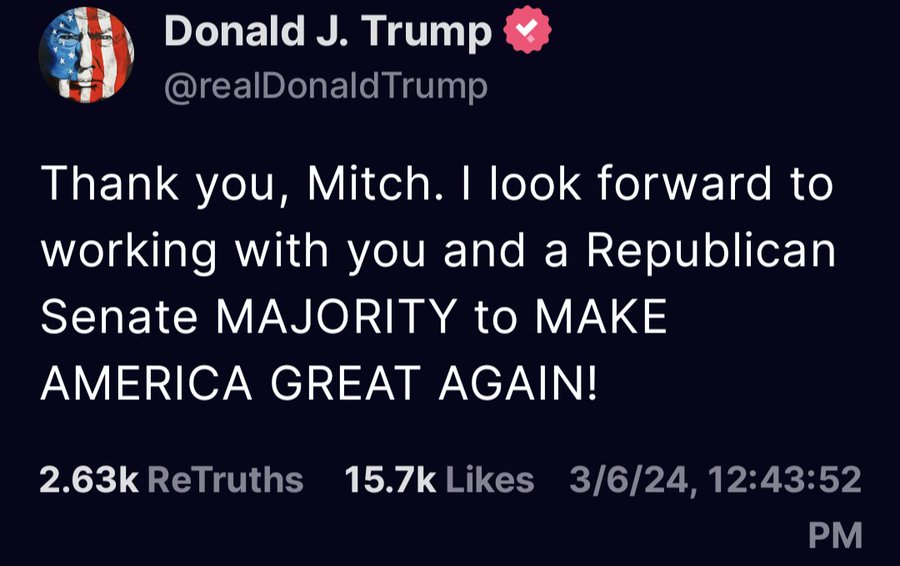It’s quite revealing, isn’t it, when Wikipedia—the so-called bastion of crowd-sourced knowledge—gets caught in the act, displaying bias in a most unexpected fashion.
The recent instance where a Wikipedia entry referred to Katie Britt as “crazy” is not just an isolated prank but a window into the deeper, systemic issues that plague platforms claiming neutrality.
Such actions fuel the ongoing debate about the credibility and reliability of information sources in the digital age, especially those that are supposed to be maintained by a collective of unbiased contributors.
Katie Britt, a figure who has made significant strides in her career and contributed positively to the political landscape, being labeled in such a manner, even briefly, is indicative of the broader cultural and political biases that infiltrate platforms like Wikipedia.
This isn’t merely about one individual editor’s lapse in judgment or a momentary lapse in Wikipedia’s otherwise stringent editorial standards.
It’s about the underlying current of partisanship that can sneak into any open platform, tainting its ability to serve as a reliable source of information.
Critics of Wikipedia often point out instances like these to argue that the platform, while useful, can occasionally be hijacked by those with specific agendas, aiming to discredit or mock individuals with whom they disagree politically.
Such acts of vandalism, though quickly rectified in many cases, highlight the vulnerability of crowd-sourced platforms to misinformation and bias.
It’s a stark reminder of the importance of critically evaluating the sources of our information and the potential for seemingly benign platforms to be weaponized in political skirmishes.
Furthermore, this incident serves as a rallying cry for supporters of the MAGA movement and others who advocate for fairness and objectivity in public discourse.
It underscores the need for vigilance against the subtle and sometimes not-so-subtle biases that pervade even the most respected repositories of knowledge.
The MAGA movement, with its emphasis on challenging the status quo and questioning mainstream narratives, finds in such incidents further evidence of the bias embedded in institutions that shape public perception.
This moment of bias against Katie Britt on Wikipedia, far from being a minor blip, is emblematic of a larger struggle over who controls the narrative in our society.
It’s a reflection of the ongoing battle between conservative voices striving for a fair representation in the public square and those who would seek to silence or ridicule them through any means available, including manipulation of widely used information platforms.
As we move forward, it’s crucial for the MAGA community and all who value truth and fairness to remain vigilant, to call out bias wherever it’s found, and to support platforms and voices that strive for objectivity.
Incidents like the one involving Katie Britt’s Wikipedia page are not just about the inaccuracies or biases they reveal; they are about the larger fight for the soul of our public discourse.
In rallying against such biases, the MAGA movement not only defends its allies but also upholds the principles of fairness and truth that are foundational to a healthy, democratic society.



